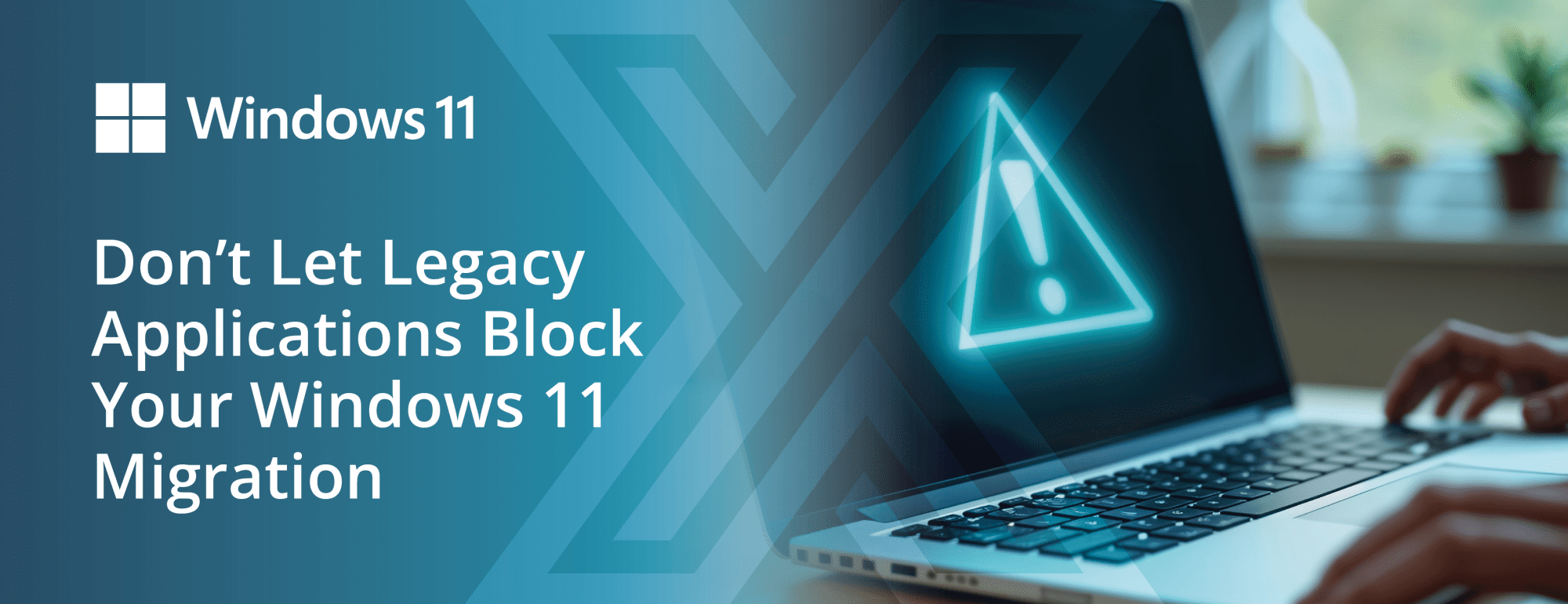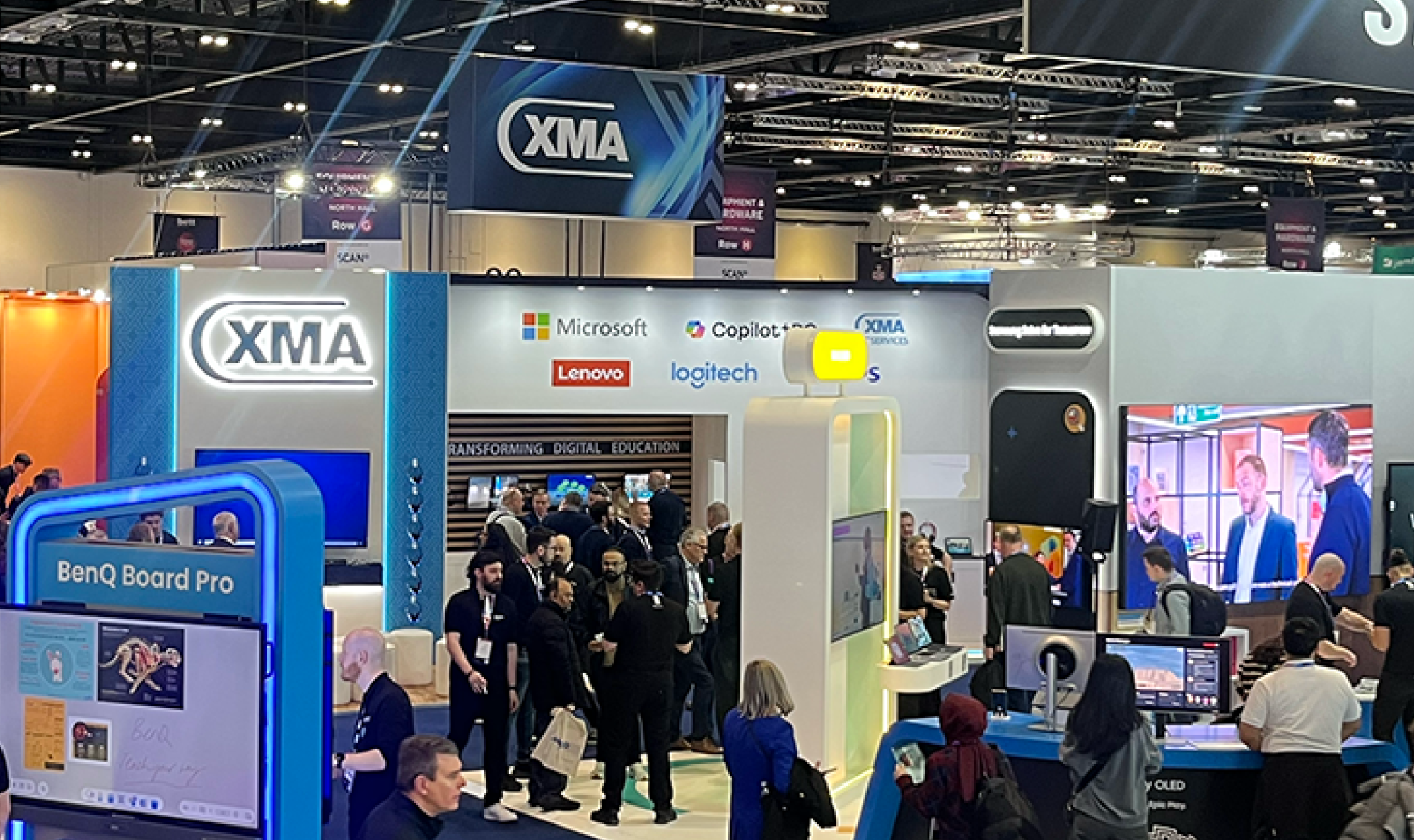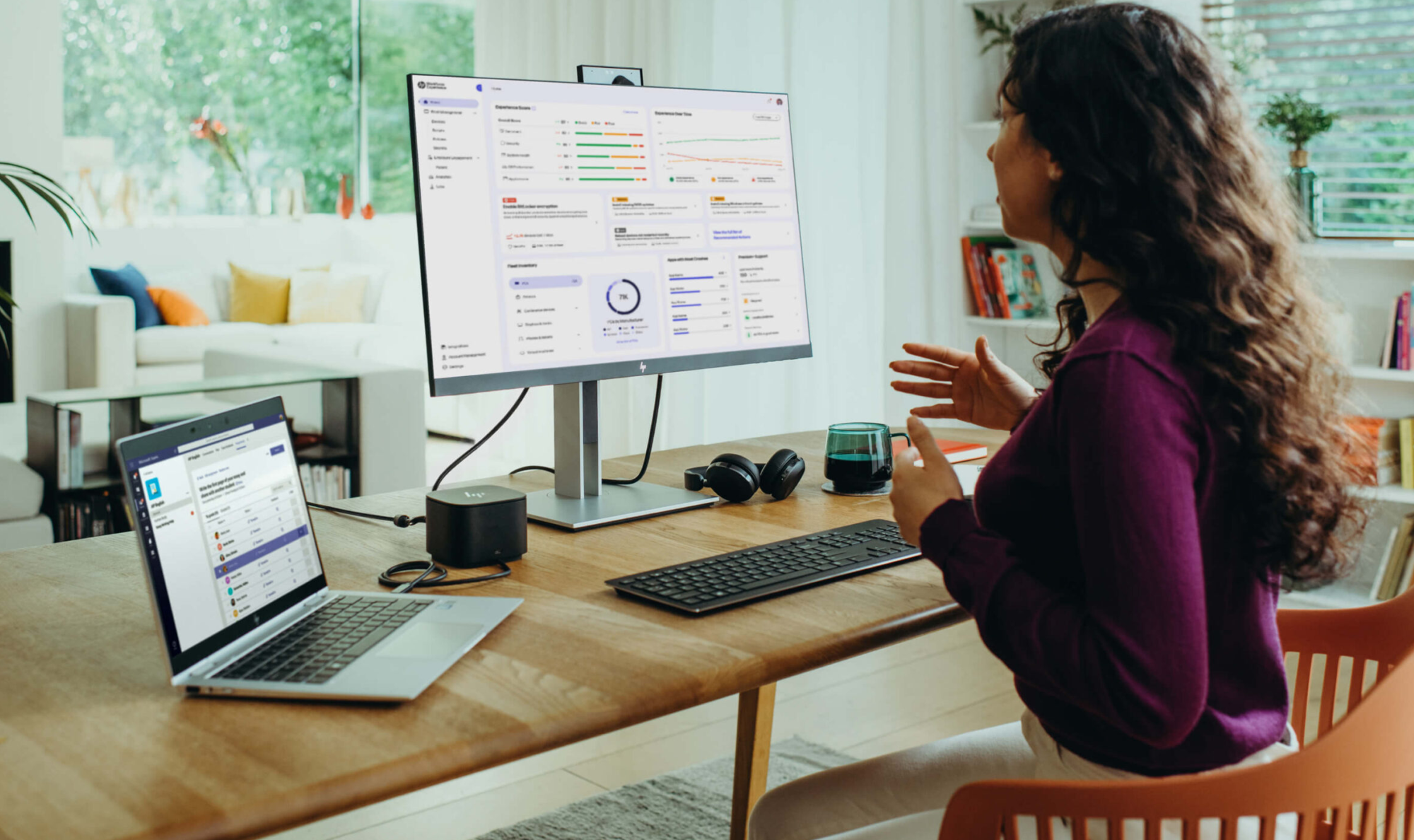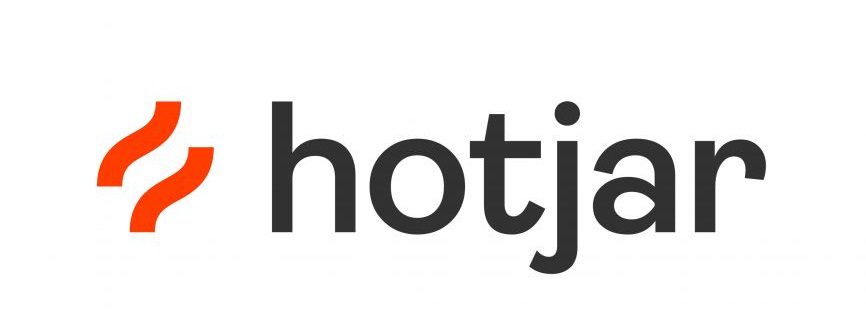The October 14, 2025, end-of-support date for Windows 10 is compelling organisations to plan their migration to Windows 11. The move is a critical step towards stronger security and improved productivity. However, one of the most common and significant concerns delaying these upgrades is the uncertainty around legacy applications.
For many organisations, business-critical software (such as older accounting platforms, bespoke CRM systems, or other line-of-business applications) is the operational backbone. The fear that this essential software will not work after an operating system upgrade is a primary reason for delaying the transition, creating a roadblock to modernisation.
The Compatibility Challenge
While Microsoft data shows that 99.7% of applications are compatible with Windows 11, the remaining fraction often includes the custom-built or legacy systems that are most integral to an organisation’s operations. Delaying an OS upgrade to protect these applications creates long-term risk. Without purchasing Extended Security Updates (ESU), organisations will no longer receive security updates, leaving them vulnerable to security risks. Read more about this here: The Hidden Risks and Rising Costs of Relying on Windows 10 Extended Security Updates (ESU) | XMA
A major worry for any business is whether essential software will work after an upgrade. Simply hoping for the best is not a viable strategy. A structured approach is required to test and validate these applications to ensure they do not hinder your migration to Windows 11.
How XMA Mitigates Application Risk
At XMA, we address the challenge of legacy applications head-on. Our services are designed to help you find proactive solutions that mitigate issues with legacy applications, ensuring they do not stand in the way of a secure and seamless migration.
Our approach includes:
- Windows 11 Application Analysis: We accelerate your application analysis by effectively consolidating and standardising your application estate, ensuring a consistent and secure service delivery. We rationalise your software landscape by focusing on proactive management, license consolidation, and service efficiency. By utilising crowd-sourced application compatibility data, enhanced by a Confidence Score, we help you make informed decisions with greater confidence.
- Secure Legacy Applications: Containerise your applications to securely run legacy applications on your modern device estate. Containers provide a secure way to run legacy applications by blocking inbound traffic and reducing potential vulnerabilities, helping you achieve Cyber Essentials Plus. Run any application without modification on Any OS. Anywhere.
- Application Lifecycle Management: Obtain low touch deployment of applications and updates to Windows (and macOS) Apps through a powerful automation engine. Gain a unified, dynamic, adaptive, and contextual workspace for organisations and users. Automatically keep all applications updated and patched in real time, and cut application packaging and testing time by as much as 90%.
Legacy applications are a valid concern, but they should not be a barrier to modernising your IT estate. By taking a proactive and structured approach, you can ensure your essential software continues to support your operations on a secure, modern platform.
Contact an XMA consultant today at enquiries@xma.co.uk to build a migration plan that addresses your specific application compatibility needs.












 Monitoring by Hotjar
Monitoring by Hotjar